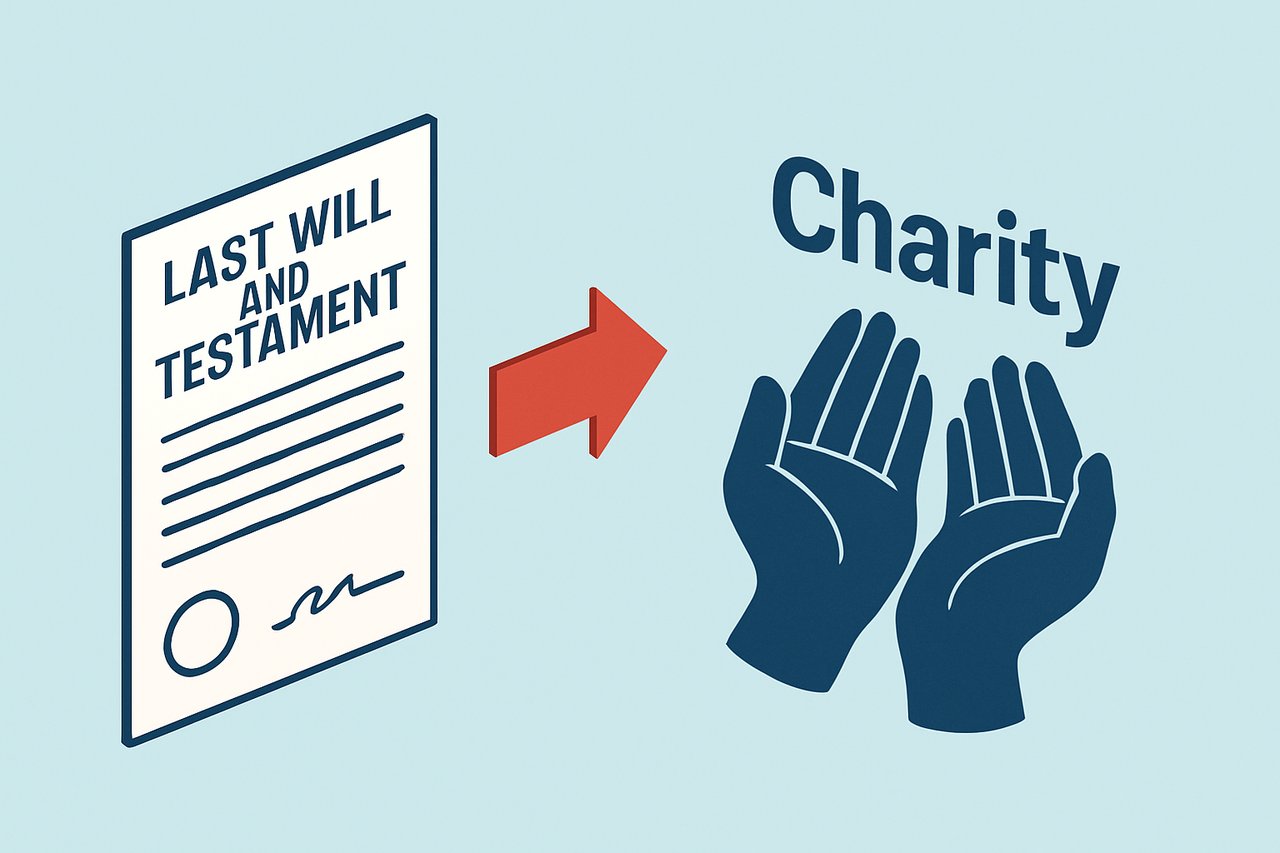A Guide to Leaving Gifts to Charity in your Will
Making a will can be about more than just looking after your family; it can also be an opportunity to support causes you care about and leave a lasting legacy. After providing for your loved ones, you may want to leave a charitable gift (also referred to as a gift or “bequest” under the Wills Act 2007 (Act)) in your will.
A gift in your will allows your estate to give a gift to charity the way you intended. Gifts are commonly structured in one of three ways:
|
Gift type |
Description |
Considerations |
|
Pecuniary gift |
Leaving a fixed sum of money to a named charity. |
The value of the gift may decrease over time, especially if your will is made many years before your death. In other words, the specified sum of money may have less value at the time of your death than it did when you made your will. |
|
Residuary gift |
Leaving a percentage of your remaining estate after other gifts and instructions are carried out to a named charity. E.g. “I leave ten percent of my residuary estate to the [name of charity] to be used for [its general purposes].” |
While the actual amount of the gift will not be known until your estate is being administered after your death, this is generally the most “fair” approach, as the gift remains proportional regardless of any change in your estate’s value. Residuary gifts are often preferred by charities as they are less likely to fail if the estate’s value decreases. |
|
Specific gift |
Leaving a particular asset such as items, shares, or property to a named charity. E.g. “I leave my grand piano to the [name of charity] to be used for [its general purposes].” |
The particular asset(s) must be clearly identified in your will to avoid dispute, and it must exist at the time of your death.
|
As well as choosing the structure of the gift, it is important to make sure that your chosen charity is named correctly in your will using its legal name, registered charity number from the Charities Register, and contact details. Many charities trade under names that differ from their legal name, so precision is essential. This helps to ensure your gift goes to the right place, and there is no confusion about the intended recipient. That sort of confusion can cause a gift to fail – meaning your executor may face difficulties and your wishes may not be carried out.
It may be worthwhile including a fallback provision, so that if the named charity no longer exists, your executor is directed to do something else with the intended gift (such as gift it to another named charity instead). Ideally, this direction should state that the replacement charity must have charitable purposes under the Charities Act 2005, so that your wishes are carried out as closely as possible.
Wills require precise wording, to make sure that your intentions can be achieved after your death. They must also be validly executed, with you signing in the presence of two independent witnesses, who must both be present at the same time. Under the Act, neither the witnesses nor their spouses/partners should benefit under the will – otherwise that gift is void.
Life circumstances, charity details, and even the law itself, can change. Your will should be reviewed regularly throughout your lifetime, to make sure that it still reflects your wishes – and in the case of a gift to charity, that it will still end up going to your chosen charity.
Beyond wills, you might also want to explore setting up a long-term option such as a charitable trust or endowment fund, to preserve your legacy for generations to come. The experienced team at MoranLaw can help you create or update your will and provide specialist guidance about the options available to you to achieve your philanthropic goals. Get in touch today.





